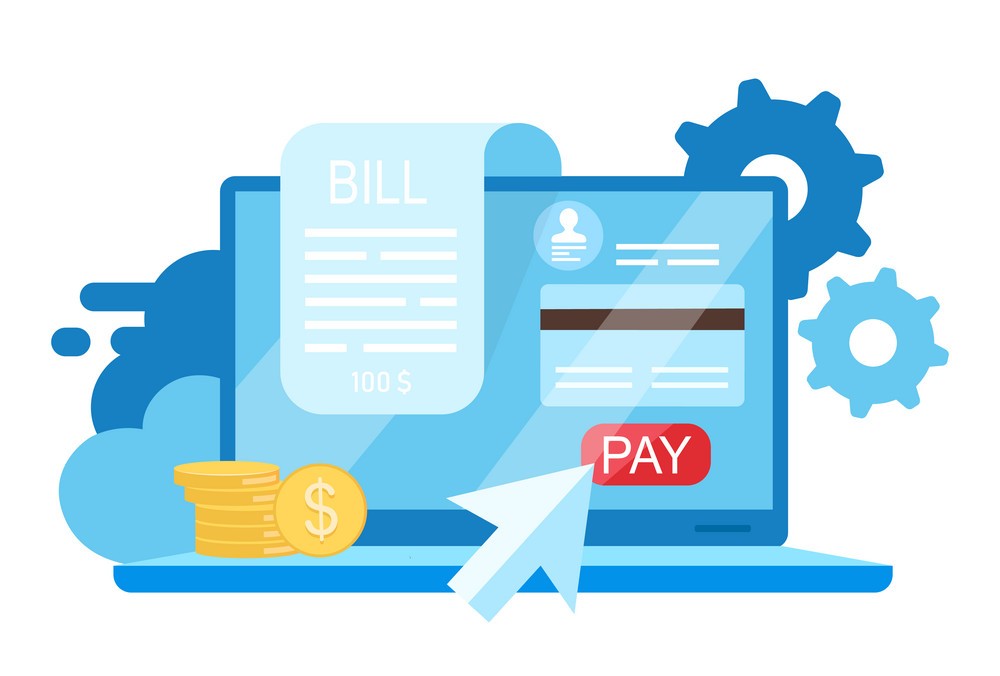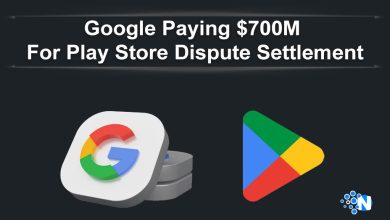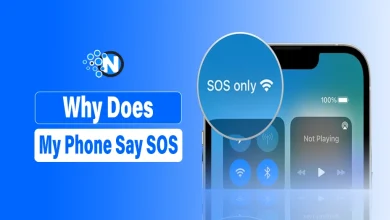What is Broadband Telecom Billing? A Simple Explanation

Broadband telecommunication is any form of transmission that uses analog or digital signals to transmit data and voice. The term broadband telecom is mostly linked to systems that provide rapid data transmission with either modern digital technology or analog systems that use wider bandwidth. Today, there are different types of broadband telecom services in use for both home and workplace.
Now, broadband telecom billing involves the process of collecting the usage of broadband telecom billing services, combining the data, charging the required costs, and invoicing the customers. Receiving and recording payments from clients is also part of the broadband telecom billing process.
There are two types of charges in a typical broadband telecom billing process. These are:
- The rental charges – these are the costs charged to clients for the services they received from their broadband telecom service provider. Rental charges can either be monthly, quarterly, bi-annually or annually.
- Usage charges – customers pay their telecom company based on their usage. For example, your bill will depend on the number of calls you made and the data you downloaded with your phone.
So, how does broadband telecom billing work?
Call or voice charges
When you call someone, your device first contacts the nearest exchange, which in turn, creates a Call Detail Record or CDR in its database. The important contents of each record help to identify the handset that started the call, the number that was called, the call time, as well as the call result—that is, if the call failed or was successful. The Call Detail Record is usually created in real-time as the call is made.
The data collected is then used by a rating program to determine the value of the call depending on the calling plan that the client’s device is linked to in the company’s client database. This program can run on the same system with the exchange of it can be a unified system managing different batches if the broadband telecom company has several distributed exchanges or complex interconnections with other telecom companies that need to do their ratings and then pass them to the “mother” company, like in the instance of roaming charges.
Once collected, the rated Call Detail Records are then passed to an invoicing solution, which might be operating in a batch mode if the company presents charging data. Otherwise, if the telecom company issues bills on a monthly basis, it will run the batches at the end of every billing period.
Data charges
There are several ways to handle Data Detail Records or DDR for interest access. If these records are handled the same way as calls, the record volumes can be of a larger magnitude than CDRs. Today, the industry uses simple models, where data charges are calculated depending on the capped data volumes. For example, your services can slow when you surpass your monthly limit. For unlimited data volumes, on the other hand, they are capped by the configured or physical capacity of the services you receive.
Data services that run on cable TV networks limit the connection speed since the media supplying your neighborhood is shared between different subscribers. Thus, every individual client receives a limited supply depending on the infrastructure’s capacity, as well as the load supplied to other users. This makes it easier for the telecom company to charge for unlimited data volumes every month, than trying to record each website or package request. Now, this mechanism allows data charged to be handled as a basic monthly fee.
Why broadband telecom billing?
Among the f benefits of cloud computing, telecom billing plays a major role in the operations of today’s businesses. This is the reason why businesses need broadband telecom billing for them to boost their daily business operations. Telecom billing plays an important role in managing telecommunication expenses and costs. So, the main reason why businesses and individuals adopt broadband telecom billing is to manage their expenses. Besides, modern broadband telecom billing solutions can incorporate different functions that are customized to meet the specific requirements of the clients.
The 5g and broadband telecom billing software by Kansys remain an important part of the financial operations of businesses. It helps to keep track of the overall time and expenses related to telecommunication. So, your company will bill you for the time and data you use. And the good thing with broadband telecom billing is that you can access your bills—which increases transparency.
Another reason why broadband telecom billing is important is that it helps to eliminate or reduce recurring errors that happen in the billing process. That means every smallest information byte flowing across your network is accounted for.




